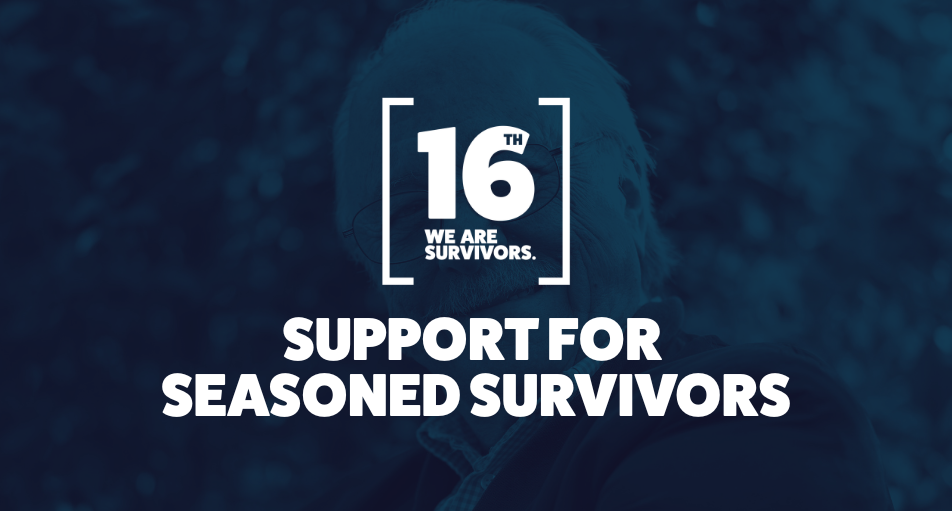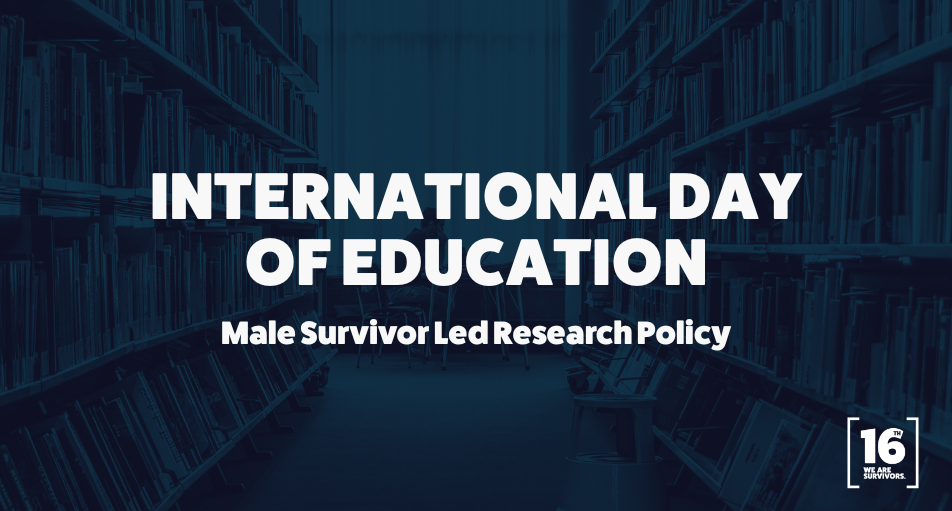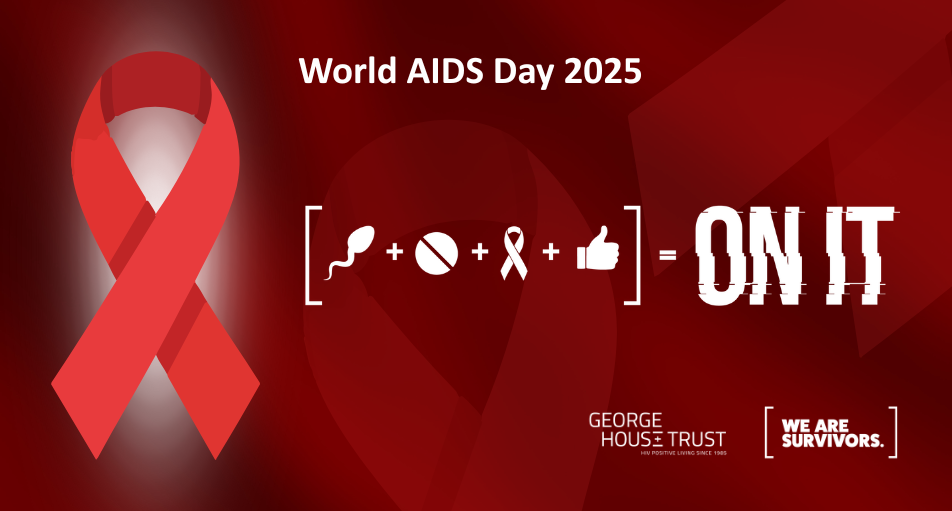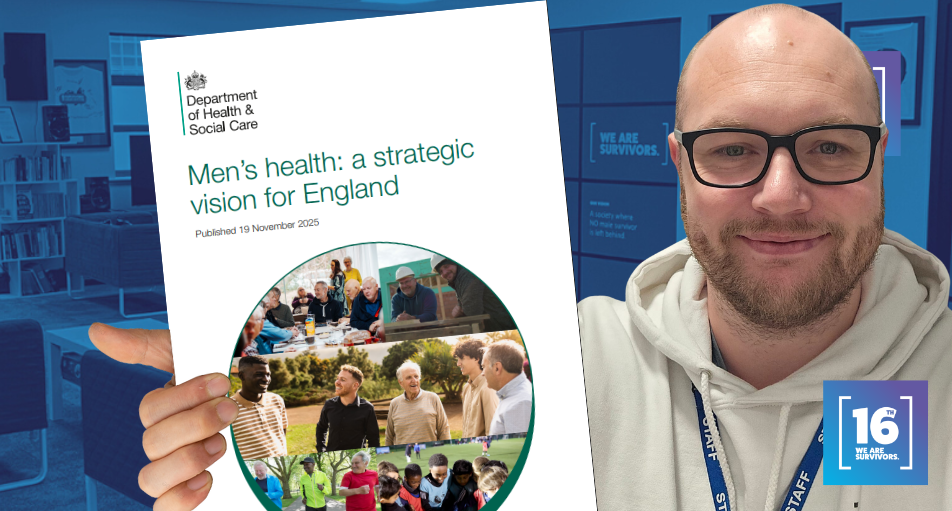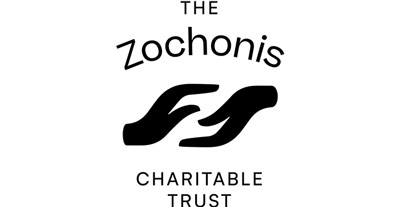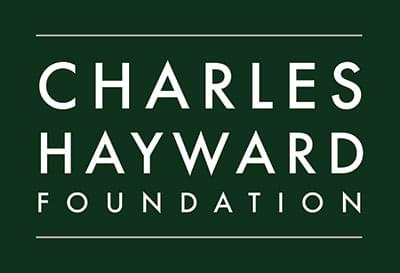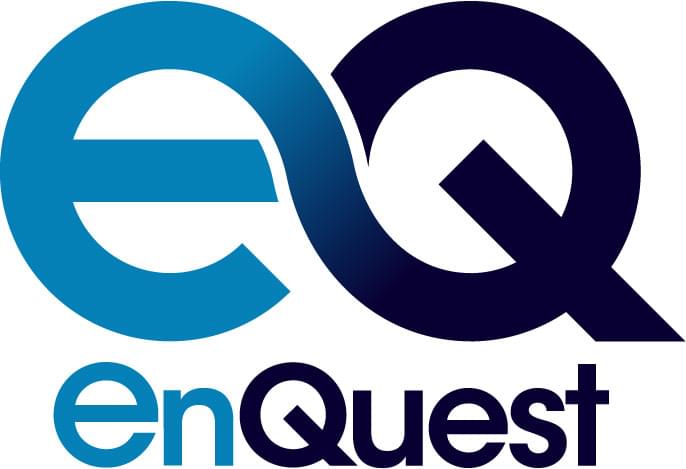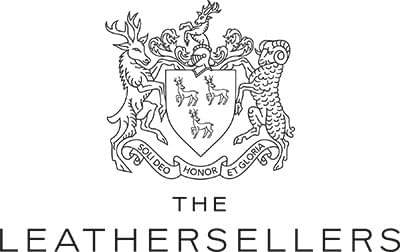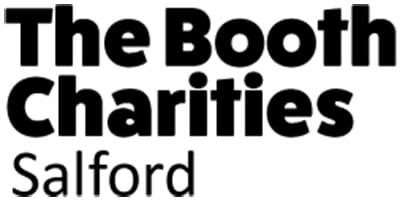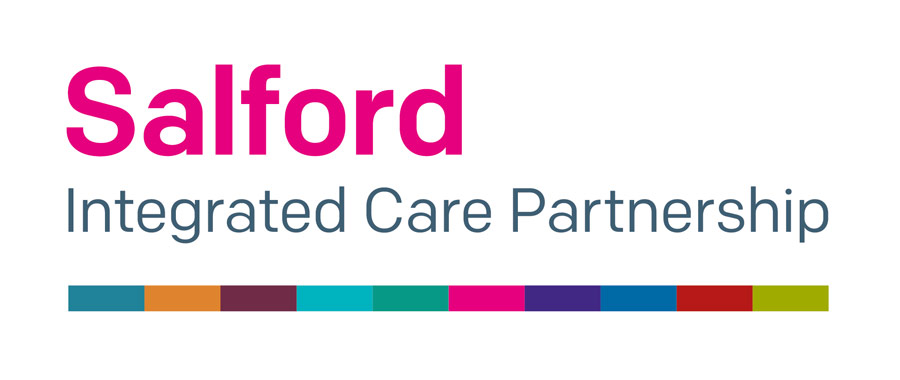The name Seasoned Survivor was chosen to reflect the valuable experience and knowledge that older survivors contribute, enriching the flavour of our collective understanding and perspective.
Out of the 40% of men over 50 in the UK, around 2.24% are estimated to also be survivors of sexual harm. This could quite probably be higher, as 20% of male survivors took over 31 years to disclose childhood abuse.
Barriers to reporting:
– Shame, embarrassment, and fear of not being believed discourage disclosure.
– Many avoid identifying as victims due to stigma or pride.
– Concerns about being labelled, especially if the perpetrator was male.
– Cognitive decline or memory loss can make it difficult to recall or explain the abuse.
– Fear of losing independence or being moved from their homes.
– Harmful masculinity norms suggest that “real men” don’t get abused.
– Worries about assumptions regarding sexual orientation.
– Services and campaigns often feel female-focused, leaving older men feeling excluded.
– Disclosure is often delayed for decades, with many only speaking out later in life.
– Professionals may lack training to respond appropriately to older male survivors.
– Legal processes can feel intimidating or retraumatising.
General difficulties for 50+ male survivors
– Fear of not being believed: Especially when the perpetrator is female or in a position of trust.
– Delayed disclosure: Many men take decades to speak out, often not until later life.
– Social isolation: Older men may lack supportive relationships or fear burdening others.
– Physical health issues: Age-related decline can increase vulnerability and complicate recovery.
– Legal and systemic barriers: The justice system can feel retraumatising or inaccessible, especially for non-recent abuse.
Core Mission and Strategic Intent
The thematic lead is grounded in a clear and compassionate mission: to advocate for, support, and empower older adults who have experienced sexual harm. The strategy aims to amplify the voices of older survivors, ensure their experiences are acknowledged, and provide healing support with dignity and respect. A central goal is to break the silence around sexual violence against older people by raising awareness of the unique risks they face and ensuring no survivor is left unsupported
Background and Rationale
Historic and recent sexual harm against older adults is both widespread and under-recognised, often involving perpetrators in positions of trust—such as family members, carers, or healthcare professionals. The impact is not only physical but deeply emotional and psychological. Key vulnerability factors include:
– Cognitive decline
– Social isolation
– Reduced physical strength
– Stigma and disbelief
– Fear of losing independence or being institutionalised
These barriers contribute to underreporting and a lack of tailored support
Age Threshold: Why 50+?
You’ve made a compelling case for focusing on individuals aged 50 and above, challenging traditional definitions of “old age.” This threshold allows for early intervention and acknowledges that vulnerability can begin well before someone is officially considered elderly. It also reflects the reality that many people experience abuse earlier in life, with long-term consequences that persist into later years.
Intersectionality and Inclusion
The strategy is explicitly intersectional, recognising that sexual harm does not occur in isolation. Survivors may face overlapping forms of oppression—such as ageism, racism, ableism, homophobia, and classism. Your approach commits to ensuring that services are inclusive, accessible, and responsive to the diverse identities and experiences of older survivors
